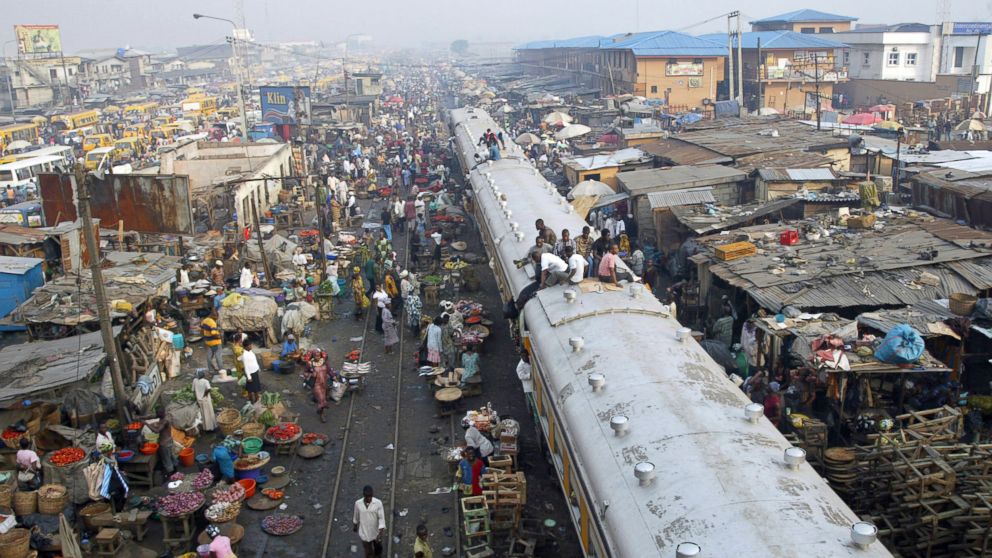Nigeria and other African countries are losing an estimated $12.7 billion every year to disaster-related damage to infrastructure and buildings, a new report by the Coalition for Disaster Resilient Infrastructure (CDRI) has revealed.
The report, Infrastructure Resilience in Africa, shows that floods account for nearly 70 percent of the losses, while earthquakes are responsible for 28 percent. With climate change worsening, the study projects that annual losses could rise by 27 percent, adding $2.4 billion to the financial burden.
According to the findings, Eastern Africa faces the highest exposure, recording $5.5 billion in estimated annual losses — 43 percent of the continent’s total. Southern and Northern Africa each account for $2.3 billion in losses.
CDRI Director General, Amit Prothi, said Africa is at a pivotal moment as much of its future infrastructure is yet to be built. “By integrating resilience now, governments and partners can avoid costly disruptions and protect millions of lives and livelihoods,” he stated.
Lead author of the report, Ede Ijjasz-Vasquez, stressed that resilience dividends go beyond avoided losses, noting they boost investor confidence, business continuity, and household security. He added that Africa’s development path depends on making resilience a central investment priority.
The report also highlights that African governments currently shoulder 80 percent of adaptation financing, with 26 percent from national budgets and 54 percent from loans. It stressed that the scale of the challenge requires stronger international cooperation and innovative funding mechanisms.





